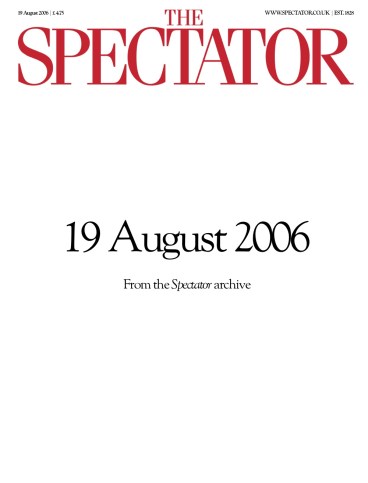A not so cuddly teddy bear
Only if you have spent the last few months living in a remote corner of Chad will you not have noticed that this year marks the centenary of Sir John Betjeman’s birth. We have already seen telly programmes, church restoration appeals, commemorative CDs of his readings, Cornish cliff walks and special outings on West Country

